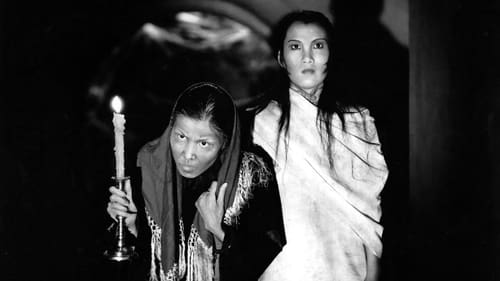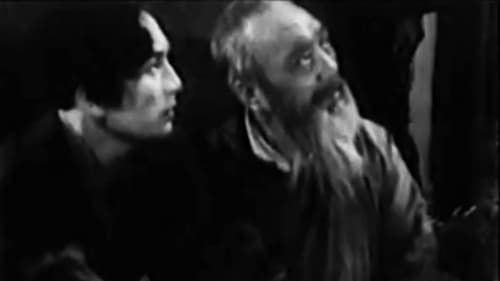
Cinematography
Nikolai Gogol's The Inspector General is a satire play well-known around the world. In the period between the end of World War II and the 1960s, the play was adapted in Hong Kong cinema a total of six times. Director Huang Yu alone adapted it twice, as a Republic era story and a period comedy, respectively. The 1955 Republic era-set film is more faithful to its source material, following a spoiled rich brat who is mistaken as a government inspector in a small town and ends up being wined and dined by a corrupted local official. The film pokes fun at the ugliness of bureaucracy in old society, calling back to renowned Qing Dynasty novel Officialdom Unmasked while keeping the original play's artistic style.

Cinematography
Directed by Wancang Bu.

Director of Photography
Based on the famous 18th century Chinese novel with the same name. Set during the 1700s in China, a prominent family loses its good luck when one of the sons loses the jade chip that was embedded in his mouth.

Director of Photography

Director of Photography
This movie is based on the famous Chinese folklore that is more than one and a half millennium old. The same folklore was what the Disney animation Mulan is based on, and similarly, it was what many Chinese movies/operas/plays based on.

Director of Photography
In this Chinese version of The Phantom of the Opera, the mysterious Song Danping terrorizes the newly rebuilt opera house and its young star.

Director of Photography

Director of Photography
A warlord's nephew lusts for farmer Song Ke's sister. When Song refuses, the whole family is thrown into jail and the sister commits suicide. The father dies of grief and Song lives with his cousin abroad. The warlord's nephew loses power and also escapes to the same country.

Director of Photography
A wild country girl moves to Shanghai with her painter boyfriend and experiences exploitation and poverty.




